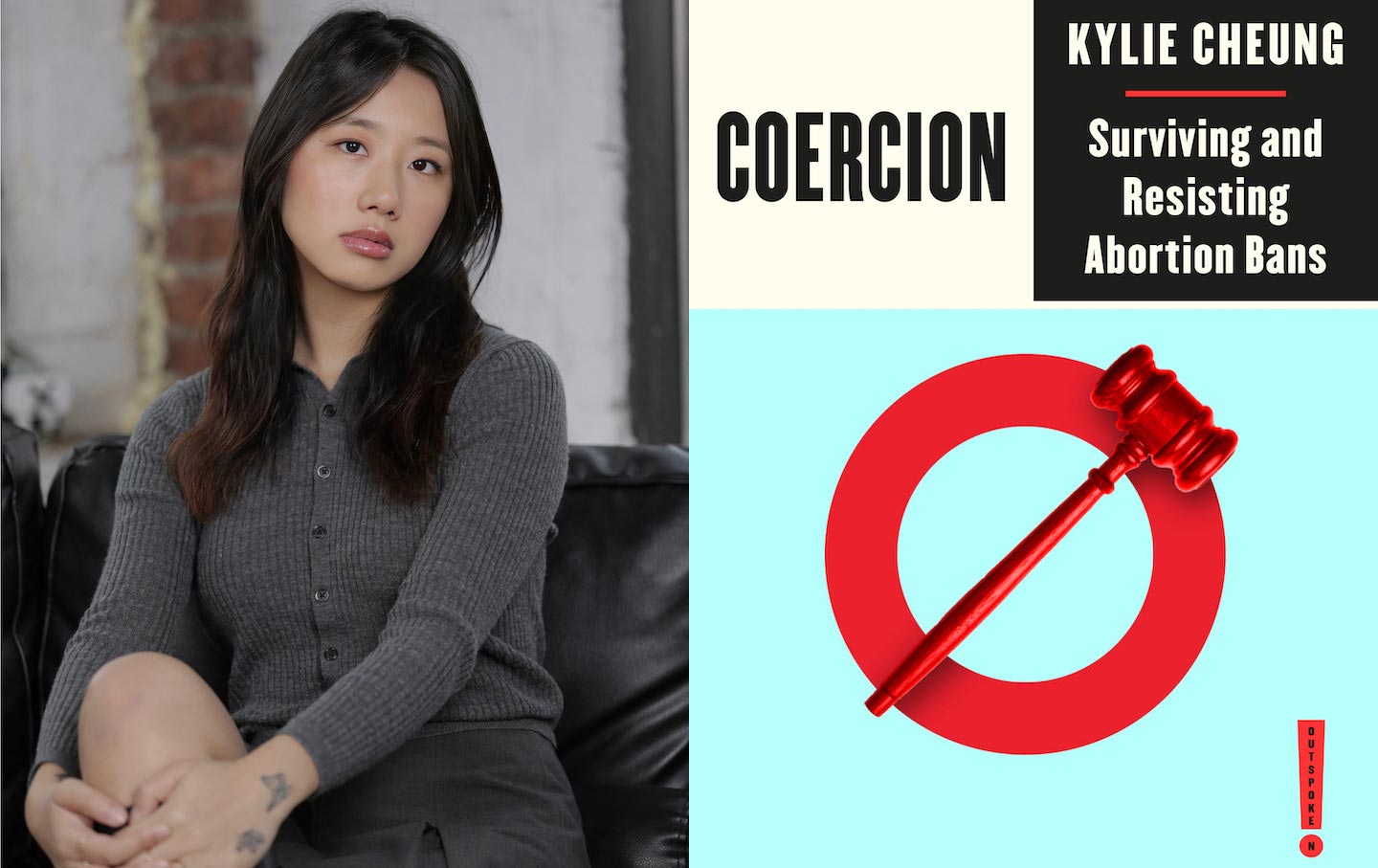
"Cheung defines reproductive coercion as acts to punish or control someone's reproductive decisions, which can come from abusive partners or restrictive abortion laws."
"Following the Dobbs decision, the National Domestic Violence Hotline reported a doubling of calls related to reproductive coercion, highlighting the issue's urgency."
"The book connects two pregnancy-related court decisions, demonstrating how legal systems have historically facilitated reproductive coercion and control over women's choices."
"Cheung argues that Dobbs has created new avenues for state and abusive figures to collaboratively punish and control their victims, amplifying existing threats."
Kylie Cheung's book, Coercion: Surviving and Resisting Abortion Bans, examines the intersection of court decisions that have facilitated reproductive coercion. It highlights the 2022 Dobbs decision and a lesser-known 2013 New York case awarding custody amid pregnancy-related disputes. Cheung argues that both court systems have perpetuated control over reproductive decisions, especially after Dobbs, which intensified opportunities for state and abusive partner control. Evidence includes a significant rise in calls to the National Domestic Violence Hotline regarding reproductive coercion following the Dobbs ruling, illustrating the urgent need for awareness and action.
Read at The Nation
Unable to calculate read time
Collection
[
|
...
]